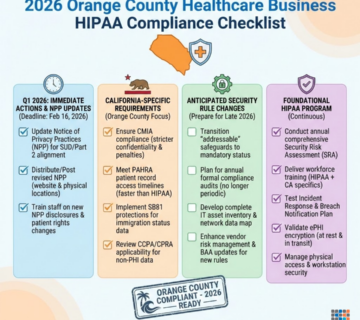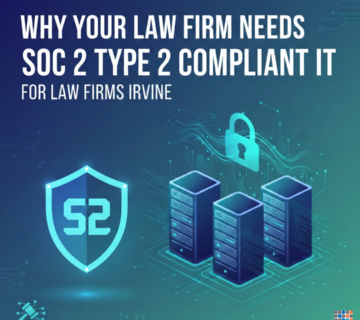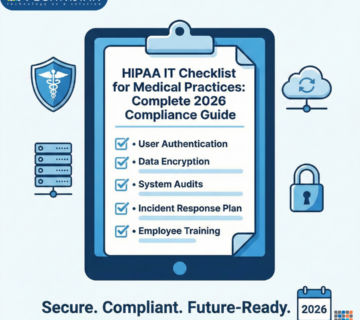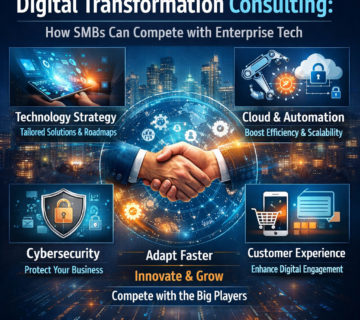
Compliance
Navigating Compliance: A Comprehensive Resource for Business Integrity
Welcome to our Compliance blog, dedicated to unraveling the complexities of regulatory compliance, best practices, and strategies to ensure your business operates ethically and securely.
1. Introduction:
– Defining the importance of compliance in business operations.
– Understanding the legal and industry-specific frameworks.
2. Key Areas:
– Exploring different domains, including data protection, financial, and industry-specific regulations.
– Identifying regulatory bodies and standards relevant to your business.
3. Creating a Culture:
– Building a corporate culture that prioritizes ethical conduct and adherence to regulations.
– Employee training and awareness programs.
4. Data Protection and Privacy:
– Navigating data protection laws and ensuring customer privacy.
– GDPR, CCPA, and other global data protection regulations.
5. Financial and Reporting:
– Understanding financial regulations and reporting requirements.
– With SOX, IFRS, and other financial standards.
6. Healthcare:
– Complying with healthcare regulations, such as HIPAA.
– Ensuring the security and privacy of patient information.
7. Cybersecurity:
– Integrating cybersecurity measures into regulatory.
– With industry-specific cybersecurity standards.
8. Audit and Internal Controls:
– Establishing effective audit processes and internal controls.
– Ensuring transparency and accountability.
9. Third-Party Risk Management:
– Managing compliance risks associated with vendors and partners.
– Due diligence and monitoring third-party activities.
10. Continuous Monitoring and Adaptation:
– Implementing systems for continuous compliance monitoring.
– Adapting to changes in regulations and industry standards.
Whether you’re a officer, business owner, or someone keen on maintaining the highest standards of business ethics, our content aims to empower you with the knowledge and tools needed to navigate the intricate landscape of regulatory.


HIPAA Audits for Medical Device Firms in Irvine: HIPAA Compliant Managed IT Irvine CA 2026

Why Your Law Firm Needs SOC 2 Type 2 Compliant IT for Law Firms Irvine

HIPAA IT Checklist for Medical Practices
